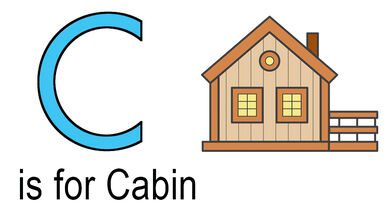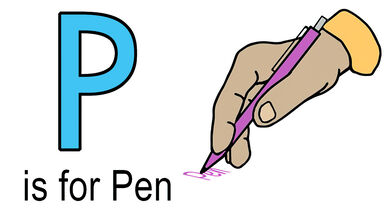A Definition
- type a
- group A
- amp
- ampere
- angstrom
- angstrom-unit
- adenine
- axerophthol
- vitamin-a
- antiophthalmic factor
- deoxyadenosine monophosphate
- a
(archaic or slang) Have. [between 1150 and 1350, continued in some use until 1650; used again after 1950]
Eye dialect spelling of have.
(archaic) Alternative form of a (pronoun)
(archaic) Alternative form of a (verb)
(archaic) Alternative form of Aeaea.
A meaningless syllable; ah.
Alternative spelling of a (all). [First attested from 1350 to 1470.]
Allele (recessive)
- Completely; thoroughly.
- from beginning to end; completely; exhaustively
Other Word Forms of A
Noun
Idioms, Phrasal Verbs Related to A
Origin of A
-
Sometimes borrowed from French à (“(various prepositions)”), as in vis-à-vis, sometimes reduced from of. Other words may be established on these models, as in jack-a-napes. May be spelled differently, with same schwa pronunciation, as in o' or Cockney (from Cockeney); other early form in ragamuffin and cock-a-leekie.
From Wiktionary
-
From the homographic case endings of the nominative, accusative, and vocative forms of numerous Latin neuter second declension nouns.
From Wiktionary
Middle English, from Old English ān (“one, a, lone, sole”). The "n" was gradually lost before consonants in almost all dialects by the 15th century.
From Wiktionary
-
Possibly due to the propensity in some non-rhotic dialects to pronounce words ending in -er as if they ended in an -a.
From Wiktionary
-
From Middle English and Old English lower case letter a and split of Middle English and Old English lower case letter æ.
From Wiktionary
From Middle English and Old English upper case letter A and split of Middle English and Old English upper case letter Æ.
From Wiktionary
-
From Middle English a, o, from Old English a-, an, on.
From Wiktionary
-
Representing the nominative singular case ending of Latin first-declension feminine nouns.
From Wiktionary
-
From Middle English a, ha contraction of have, or haven
From Wiktionary
-
Representing Italian, Portuguese, and Spanish feminine nouns.
From Wiktionary
-
Middle English from Old English from an on on
From American Heritage Dictionary of the English Language, 5th Edition
Various, often difficult to determine. Used in Middle English since 14th century.
From Wiktionary
-
Middle English alteration of haven to have have
From American Heritage Dictionary of the English Language, 5th Edition
-
Middle English variant of an an an1
From American Heritage Dictionary of the English Language, 5th Edition
-
From Middle English (Northern dialect) aw, alteration of all.
From Wiktionary
-
Middle English from Old English an in on
From American Heritage Dictionary of the English Language, 5th Edition
Added to lines of poetry and verse to maintain metrics.
From Wiktionary
-
weakened form of OE an, on, in, on
From Webster's New World College Dictionary, 5th Edition
-
From Middle English, contraction of of.
From Wiktionary
-
Shortened version of preposition of.
From Wiktionary
-
Greek ne in Indo-European roots
From American Heritage Dictionary of the English Language, 5th Edition
-
Shortened version of verb have.
From Wiktionary
-
Unstressed form of on.
From Wiktionary
-
Shortened version of verb to.
From Wiktionary
-
Variant spelling of ah.
From Wiktionary
-
From Latin -a.
From Wiktionary
-
The vowel of rat
From Wiktionary





